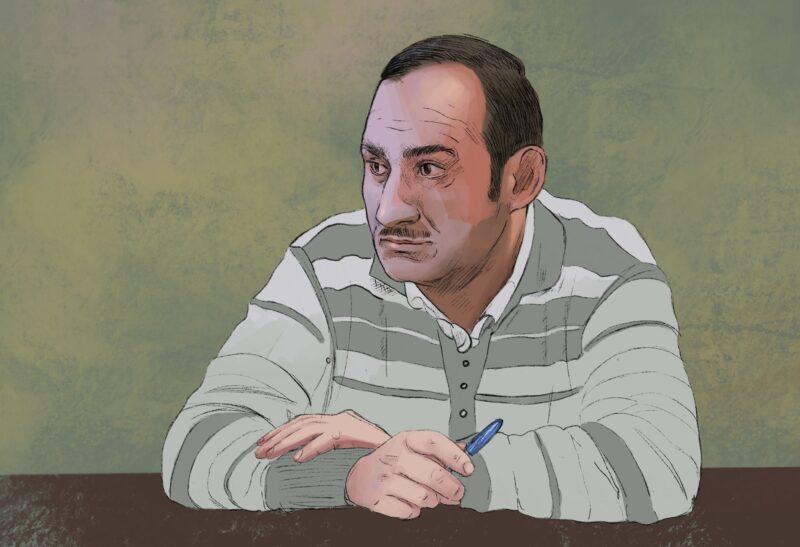Azerbaijan has labeled certain individuals who voted against its delegation in the Parliamentary Assembly of the Council of Europe (PACE) as “undesirable persons.” This move follows criticism from German MP Frank Schwabe, who questioned Azerbaijan’s commitment to democratic values.
Aykhan Hajizade, a spokesperson for Azerbaijan’s Ministry of Foreign Affairs, announced that those who opposed the Azerbaijani delegation’s voting rights will be barred from entering the country until the delegation’s mandate is reinstated. Hajizade’s comments were made in response to Schwabe’s interview with Azadlig radio, where the German MP expressed concerns about Azerbaijan’s adherence to Council of Europe principles.
Schwabe criticized Azerbaijan’s apparent lack of interest in Council of Europe membership and noted the absence of PACE observers during the recent elections to Azerbaijan’s Milli Majlis. He accused Azerbaijan of not upholding democratic values and likened its administration to the Soviet Union.
In defense, Hajizade argued that excluding PACE observers was due to the unresolved status of Azerbaijan’s delegation mandate and suggested that Schwabe’s comments were biased.
The President of PACE, Theodore Roussopoulos, has condemned Azerbaijan’s designation of certain deputies as “persona non-grata.” He described this action as detrimental to Azerbaijan’s standing within the Council of Europe and regretted the decision. Roussopoulos emphasized that member states should uphold democratic standards and that penalizing individuals for their conscientious votes is counterproductive.
Frank Schwabe responded to Azerbaijan’s declaration by stating that being labeled “undesirable” by a regime he criticizes is, in his view, a badge of honor. Schwabe argued that such bans reflect Azerbaijan’s broader issues with human rights and corruption, highlighting a discrepancy between the treatment of deputies who criticize the Azerbaijani government and those who support it.



